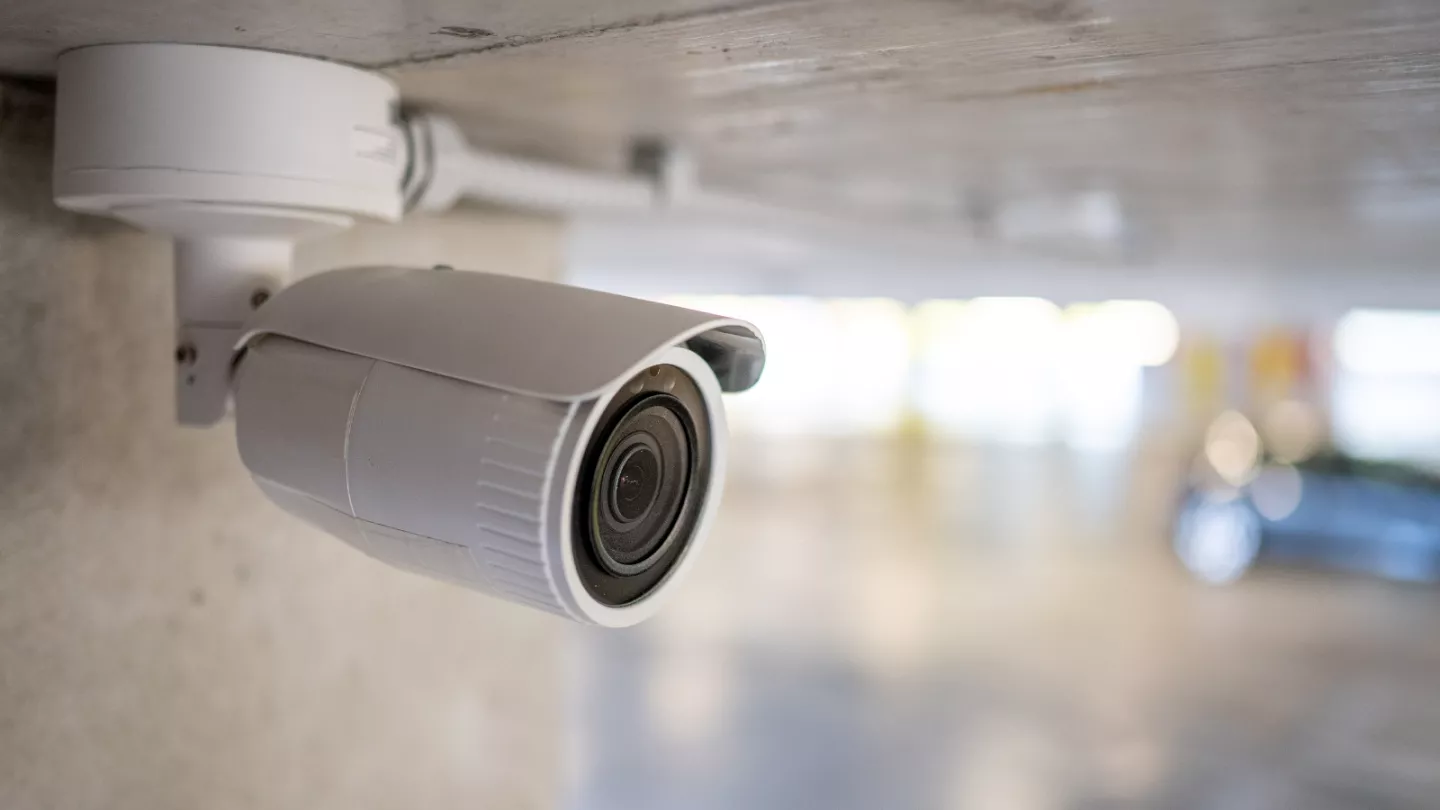IP cameras provide advanced security monitoring, but they also come with cybersecurity risks. Yes, IP cameras can be hacked, and incidents of unauthorized access have exposed private homes, businesses, and even government facilities.
In this article, we’ll explore:
✔ How hackers breach IP cameras
✔ Real-world cases of hacked cameras
✔ How to check if your camera is compromised
✔ Best practices to secure your IP cameras
1. How Hackers Exploit IP Cameras
A) Weak or Default Passwords
- Many users never change the default credentials (e.g., “admin/password“).
- Hackers use brute-force attacks to guess passwords.
B) Unsecured Network Connections
- Cameras on public or unencrypted Wi-Fi are easy targets.
- Man-in-the-middle (MITM) attacks intercept unencrypted video feeds.
C) Outdated Firmware
- Manufacturers release updates to patch vulnerabilities.
- Unpatched cameras are vulnerable to exploits like Mirai botnet attacks.
D) Backdoor Exploits
- Some cheap IP cameras have hidden backdoors for remote access.
- Hackers exploit these to gain full control.
E) Cloud Storage Breaches
- If your camera uploads footage to the cloud, weak cloud security can expose recordings.
2. Real-World Cases of Hacked IP Cameras
🔴 Case 1: The Mirai Botnet Attack (2016)
- Hackers infected thousands of IP cameras with malware, launching massive DDoS attacks.
🔴 Case 2: Baby Monitor Hacks
- Multiple reports of hackers speaking through baby monitors or spying on families.
🔴 Case 3: Ring Camera Breaches
- Cybercriminals accessed home cameras, harassing users and demanding ransoms.
3. Signs Your IP Camera Has Been Hacked
- Unexpected movements (if it’s a PTZ camera).
- Strange noises or voices from the camera.
- Unusual login attempts in your account logs.
- Increased data usage (indicates unauthorized streaming).
4. How to Secure Your IP Cameras from Hacking
✅ Change Default Passwords
- Use strong, unique passwords (e.g., 12+ characters with symbols).
✅ Enable Two-Factor Authentication (2FA)
- Adds an extra layer of security beyond passwords.
✅ Update Firmware Regularly
- Check the manufacturer’s website for security patches.
✅ Use a Secure Network
- Place cameras on a separate VLAN or guest network.
- Avoid public Wi-Fi for remote access.
✅ Disable UPnP (Universal Plug and Play)
- Prevents unauthorized remote access.
✅ Choose Reputable Brands
- Avoid no-name, cheap cameras with weak security.
5. What to Do If Your Camera Is Hacked
- Disconnect it from the internet.
- Reset to factory settings.
- Update firmware and change passwords.
- Check for malware on connected devices.
- Report the incident to the manufacturer.
Conclusion: Stay Vigilant Against IP Camera Hacks
While IP cameras improve security, they can also become gateways for cybercriminals. By following best practices—strong passwords, firmware updates, and network security—you can significantly reduce hacking risks.
FAQ (For SEO)
Q: Can someone spy on me through my IP camera?
A: Yes, if it’s hacked. Always use strong passwords and encryption.
Q: Are wireless cameras easier to hack than wired ones?
A: Yes, if connected to an unsecured Wi-Fi network.
Q: How do I check if my IP camera is secure?
A: Use tools like Shodan.io to scan for exposed devices.
Call to Action:
Have you ever experienced a hacked camera? Share your story in the comments!
SEO Optimization Tips:
- Link to related articles on home cybersecurity.
- Include images/diagrams of secure camera setups.
- Use statistics (e.g., “Over 70% of IP cameras have vulnerabilities”).
Would you like a section on how ethical hackers test camera security? Let me know!

